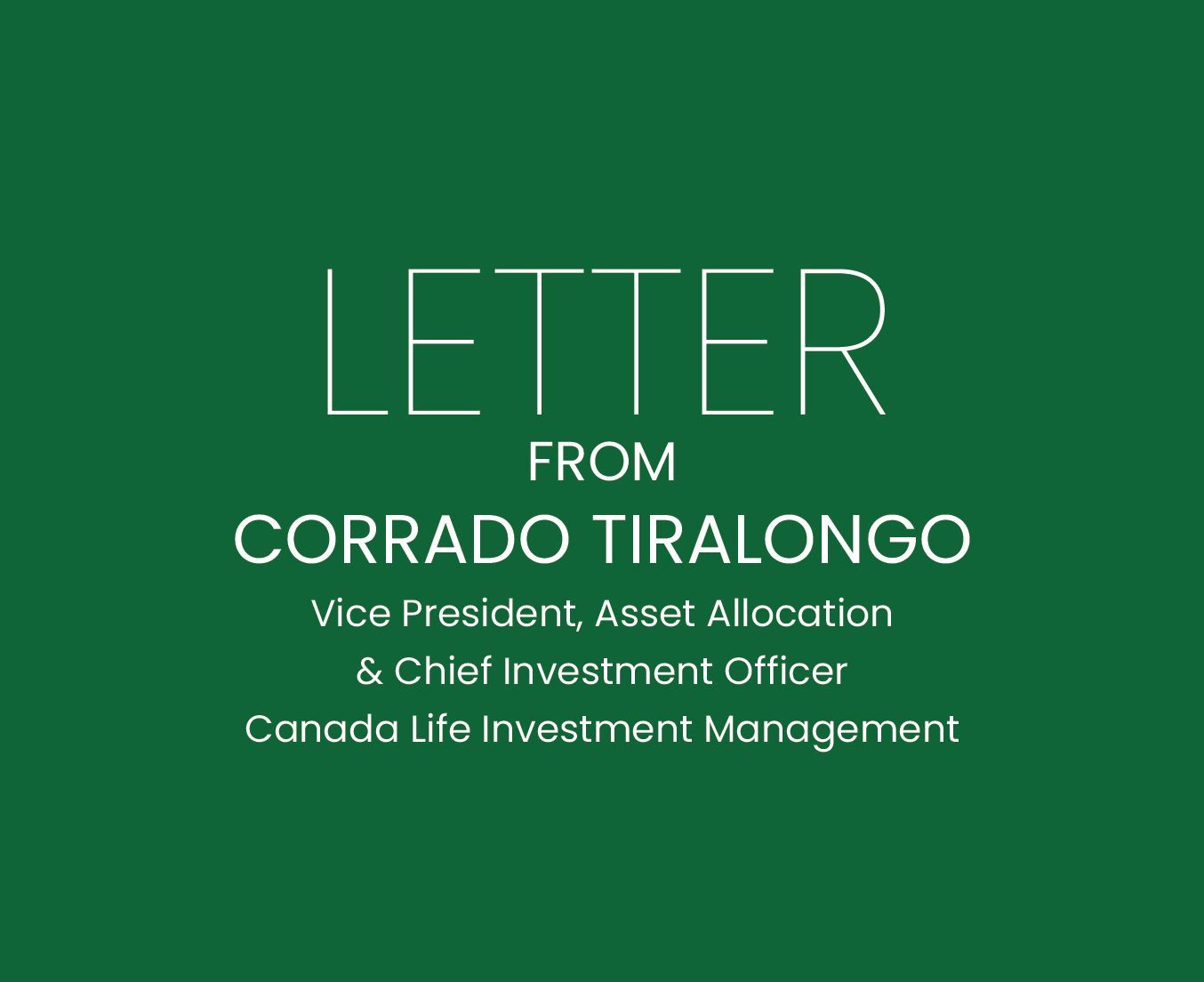Joy. Relief. Anxiety. Sadness. These are some of the emotions that people feel when they receive a large inheritance. While an inheritance allows you to put many of your financial concerns aside, you may also be dealing with the death of a loved one, which is never easy. It’s a strange situation for many people – enjoying your inheritance at your loved one’s expense.
Protect yourself from Sudden Wealth Syndrome
There’s something else that often happens to people who suddenly come into a large amount of money. It’s called Sudden Wealth Syndrome (SWS), and it can have a significant impact on your life.
What is Sudden Wealth Syndrome?
Psychologists came up with the term to describe what happens to people who suddenly come into a large amount of money, whether through an inheritance, a lottery win, the sale of a business or another event.
When people receive a large amount of money in a very short time, their lives change. While some of these changes may be for the better, others can have a negative impact.
Having money and worrying about money are not mutually exclusive
How can inheriting money be a bad thing? Wouldn’t it be great to never have to worry about money again?
However, there is a catch. Having money doesn’t mean you will necessarily stop worrying about money. In fact, it may lead to more worrying. Why? If you hope to manage your inheritance responsibly, you may have to learn a lot about financial planning and investing – quickly. The responsibilities of figuring out how to make the inheritance not only last but also grow for future generations can be stressful.
There are also a number of nice things you probably would like to buy for yourself and your family; for example, a five-star vacation or a luxury SUV. These desires create the added pressure of knowing that you may not be managing your inheritance in the most responsible manner. If you have family members who know about the inheritance, that pressure may be amplified.
Minimizing the impact of SWS
If you’ve inherited money, you’ll need to make decisions fairly soon. How much should you spend now? For example, does it make sense to strengthen your financial position by immediately paying off your mortgage and any other debts? Are there certain obligations you need to meet, like donating to a specific charity? How will you invest the money you won’t be spending to ensure long-term growth and capital preservation? These are questions your Advisor or one of our Advisors can help you with.
This post was first published in the E-Wealth Report
Investment Planning Counsel



